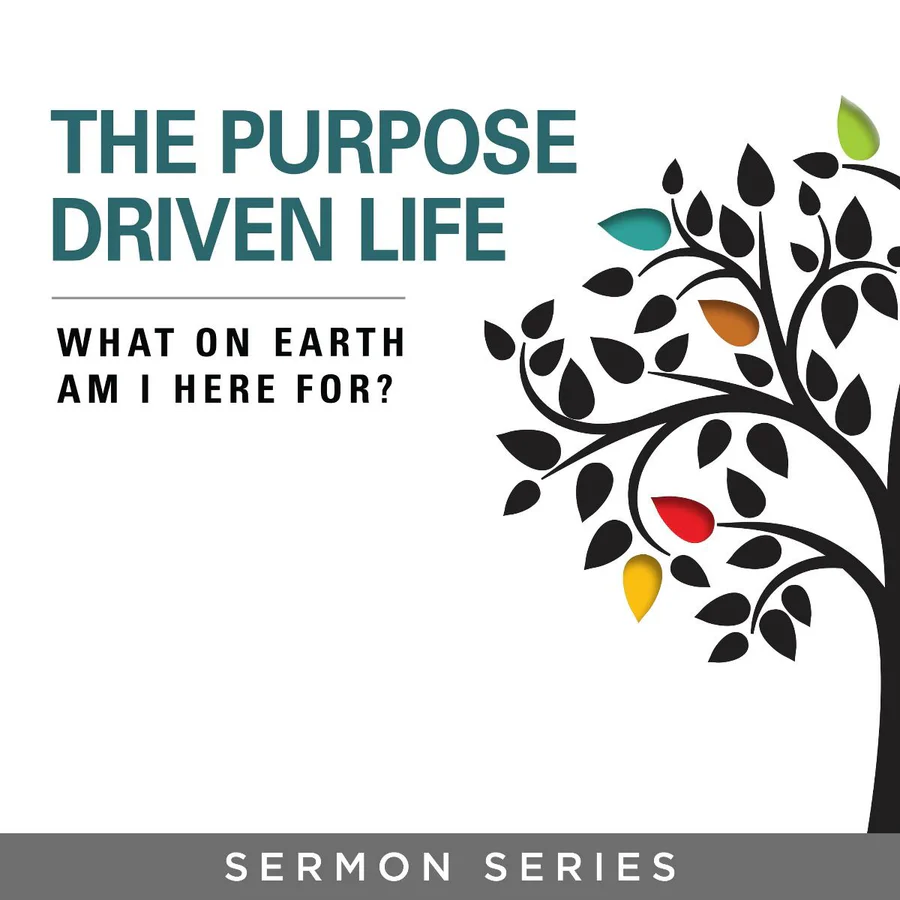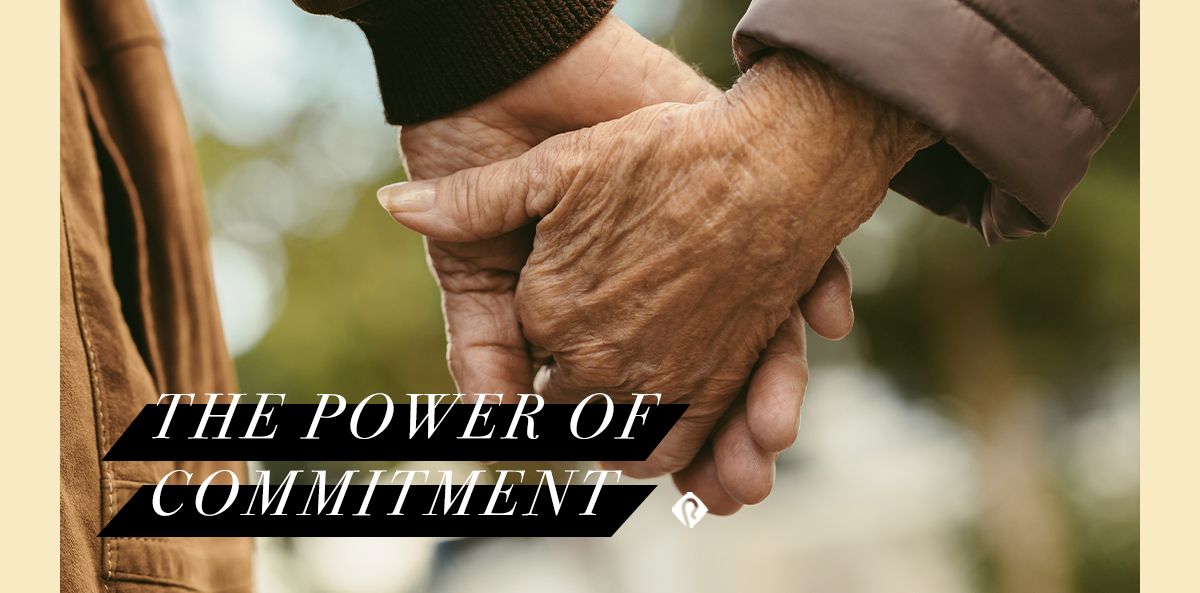FellowshipPreaching/TeachingLeadershipCelebrate RecoveryDiscipleshipSmall GroupsEvangelismWorshipMinistry
Tragedy in Boston: Roundup of Reactions from Pastors in the Area

Earlier this week, many were jolted to the reality of terrorism once again. As I wrote yesterday, "This marathon tragedgy drives us again to our Maranatha cry-- 'come quickly, Lord' and set things right." It is a reminder of the world's brokenness.
Let me encourage you to also read USAToday's "Faith Leaders," Christianity Today's "Pastors Respond," and the Christian Post's "Christian Leaders Grieve."
Last night, a few Boston pastors shared their thoughts and prayers on their blogs and sent them to me via Twitter. (If you are in the Boston area, you can do so in the comments or via Twitter.) I've posted a few here (and will add others as I receive them).
A Prayer for Boston in Light of Today's Tragedy -- Brandon Levering.
(Brandon is Lead Pastor at Westgate Church affiliated with the Evangelical Free Church in Weston, Massachusetts.)
Today we're faced with the painful reminder that we still live in a fallen world.
Today the earth gave way as an explosion tore apart the finish line of the Boston Marathon. Yet this was no natural chaos; this was an act of evil, intent on wounding and terrorizing the people of this city and her guests, while the rest of the world was watching.
We call it 'terrorism' because that is what it seeks to do--strike terror and fear into our hearts. God, we confess, sometimes it works. We are afraid. We fear for our safety. We fear losing our loved ones. We fear the loss of life as we know it.
Yet there is one thing on earth that no bomb can shake, and no terror can overcome: your presence. "The Lord of hosts is with us; the God of Jacob is our fortress."
Because you are with your people, we need not be afraid. Though the waters roar and the nations rage, you are a refuge and fortress to your people. Though the mountains be moved into the heart of the sea, those who take shelter in your presence will not be moved. Though this world may take away from us everything we hold precious, even our lives, it cannot take us away from you. You are our refuge and strength, our very present help in trouble.
As our city quakes from the effects of sin in this world--the evil, the violence, the injuries and loss of life, we pray that your holy and healing presence would be made known.
A Terrible Day in Boston -- Nick Fatato. (Nick is the pastor of Common Church in Boston, and is affiliated with the Assemblies of God.) We are all affected by the bombs that went off today in our city. Boston and the Boston Marathon will never be the same. People lost their lives and many people where injured. This day will be marked as a terrible day. My wife Gina and son Alexander were only a block away and felt the blast. I was out of town and raced back to our apartment just a few blocks from the bomb sites. I was grateful when my family was all gathered in our home. We need to pray for our city and those deeply effected by this event. God can bring peace in the midst of tragedy. That is our prayer. We will no doubt be asked and ask ourselves, why did this happen. Why are so many innocent people suffering? These questions don't always have answers. We need to remember God is with us, with those who suffer, with those who are innocent. God is our strength and when there is great insecurity, God is secure.
A Pastor's Perspective on the Attacks on My City -- Adam Mabry. (Adam is pastor of Aletheia Church, affiliated with Every Nation Ministries.) The Boston Police will, along with the FBI, launch a full-scale investigation. And the brave and gifted officers and investigators will doubtless find the individuals responsible. After that, pundits and politicians will start to work on policy changes to insure this doesn't happen again. Then, when time has passed, other politicians will use this as an issue to show their side has the answers. But behind all of that work, much of good, lies the why. Deeper than culture. Deeper than religion. Deeper than policies, nations, kings, money, and every other reason we will hear in the coming days to explain this act of violence lies the reason truest of all: sin. All of us--friends and enemies, kings and peasants--are touched and marred by this realty. We are all alike fallen from grace. And now, having our visions skewed, perpetrate actions of sin against one another from a cloudy heart which all the while believes itself to be in the right. The broken breaking the broken. And yet, tragedy like this shows us another aspect of ourselves. It's the part we see when perfect strangers run headlong into the smoke of fresh explosions to help their fallen neighbors. We see it when a man removes his shirt to dress a wound. A doctor manages his ER in the face of overwhelming injury. A citizen opens his home to those without one tonight. We are all alike fallen, this is true. And yet there's more to us. We are also image-bearers. There's something of God--his likeness--which comes out even in the darkest of moments. Especially in them. And this duality should tell us something. We are fallen, but not merely. We are a race of insurgents against God made in the image of the very God against whom we've rebelled. Love, art, charity, grace--these are ours because they were given to us by Him. So what are we to make of it all? What are we to think when tragedy mingles with beauty? When pain accompanies grace? When blood spills with tears? We could start by calling to mind the cosmic event wherein this happened first and finally. There was one who not only showed us the image of God, but was His exact likeness. He, shining like the sun, brought grace and truth, kindness and undeserved mercy. And... He also experienced the deepest and darkest violence humanity has ever accomplished--the destruction of the image of God, Christ himself. There, tragedy mingled with beauty, pain accompanied grace, and the blood of God himself spilt along with his tears. The gospel shows us that, in Christ, darkness, selfishness, terror, sin, and depravity can be and will be once and finally overcome. That's the hope--the only hope--for the deepest why of pain. Tonight I'm praying for my great city. I'm praying that the image of God within her will rise above the brokenness which marks her. But, cosmically speaking, there's only one way that happens--and it's not when we simply look within. The deep problem lives within too. The image of God within us must connect--or reconnect--with the likeness of God sent for us, Jesus himself. Yes, tonight I'm praying for my city. I'm praying for the victims. I'm praying for the first responders. I'm praying for families. But most of all, I'm praying for that grace which comes from God alone to overcome all that besets her. Also: • Anglican pastor / planter Ben Rey added an optional litany for healing for the city of Boston in his morning prayer liturgy. • Michael Ferrini, pastor of Calvary Baptist, a Converge Worldwide church, posted his blog in the comments. You can read and comment here. • After Newtown, I shared some resources for dealing with tragedy. Feel free to add more suggestions in the comments or via Twitter.
A Terrible Day in Boston -- Nick Fatato. (Nick is the pastor of Common Church in Boston, and is affiliated with the Assemblies of God.) We are all affected by the bombs that went off today in our city. Boston and the Boston Marathon will never be the same. People lost their lives and many people where injured. This day will be marked as a terrible day. My wife Gina and son Alexander were only a block away and felt the blast. I was out of town and raced back to our apartment just a few blocks from the bomb sites. I was grateful when my family was all gathered in our home. We need to pray for our city and those deeply effected by this event. God can bring peace in the midst of tragedy. That is our prayer. We will no doubt be asked and ask ourselves, why did this happen. Why are so many innocent people suffering? These questions don't always have answers. We need to remember God is with us, with those who suffer, with those who are innocent. God is our strength and when there is great insecurity, God is secure.
A Pastor's Perspective on the Attacks on My City -- Adam Mabry. (Adam is pastor of Aletheia Church, affiliated with Every Nation Ministries.) The Boston Police will, along with the FBI, launch a full-scale investigation. And the brave and gifted officers and investigators will doubtless find the individuals responsible. After that, pundits and politicians will start to work on policy changes to insure this doesn't happen again. Then, when time has passed, other politicians will use this as an issue to show their side has the answers. But behind all of that work, much of good, lies the why. Deeper than culture. Deeper than religion. Deeper than policies, nations, kings, money, and every other reason we will hear in the coming days to explain this act of violence lies the reason truest of all: sin. All of us--friends and enemies, kings and peasants--are touched and marred by this realty. We are all alike fallen from grace. And now, having our visions skewed, perpetrate actions of sin against one another from a cloudy heart which all the while believes itself to be in the right. The broken breaking the broken. And yet, tragedy like this shows us another aspect of ourselves. It's the part we see when perfect strangers run headlong into the smoke of fresh explosions to help their fallen neighbors. We see it when a man removes his shirt to dress a wound. A doctor manages his ER in the face of overwhelming injury. A citizen opens his home to those without one tonight. We are all alike fallen, this is true. And yet there's more to us. We are also image-bearers. There's something of God--his likeness--which comes out even in the darkest of moments. Especially in them. And this duality should tell us something. We are fallen, but not merely. We are a race of insurgents against God made in the image of the very God against whom we've rebelled. Love, art, charity, grace--these are ours because they were given to us by Him. So what are we to make of it all? What are we to think when tragedy mingles with beauty? When pain accompanies grace? When blood spills with tears? We could start by calling to mind the cosmic event wherein this happened first and finally. There was one who not only showed us the image of God, but was His exact likeness. He, shining like the sun, brought grace and truth, kindness and undeserved mercy. And... He also experienced the deepest and darkest violence humanity has ever accomplished--the destruction of the image of God, Christ himself. There, tragedy mingled with beauty, pain accompanied grace, and the blood of God himself spilt along with his tears. The gospel shows us that, in Christ, darkness, selfishness, terror, sin, and depravity can be and will be once and finally overcome. That's the hope--the only hope--for the deepest why of pain. Tonight I'm praying for my great city. I'm praying that the image of God within her will rise above the brokenness which marks her. But, cosmically speaking, there's only one way that happens--and it's not when we simply look within. The deep problem lives within too. The image of God within us must connect--or reconnect--with the likeness of God sent for us, Jesus himself. Yes, tonight I'm praying for my city. I'm praying for the victims. I'm praying for the first responders. I'm praying for families. But most of all, I'm praying for that grace which comes from God alone to overcome all that besets her. Also: • Anglican pastor / planter Ben Rey added an optional litany for healing for the city of Boston in his morning prayer liturgy. • Michael Ferrini, pastor of Calvary Baptist, a Converge Worldwide church, posted his blog in the comments. You can read and comment here. • After Newtown, I shared some resources for dealing with tragedy. Feel free to add more suggestions in the comments or via Twitter.







